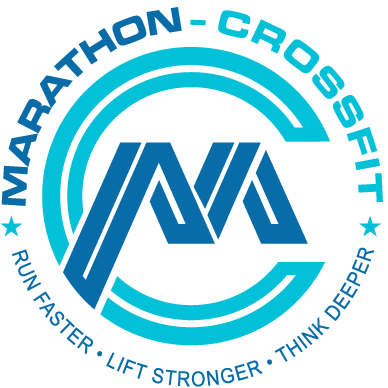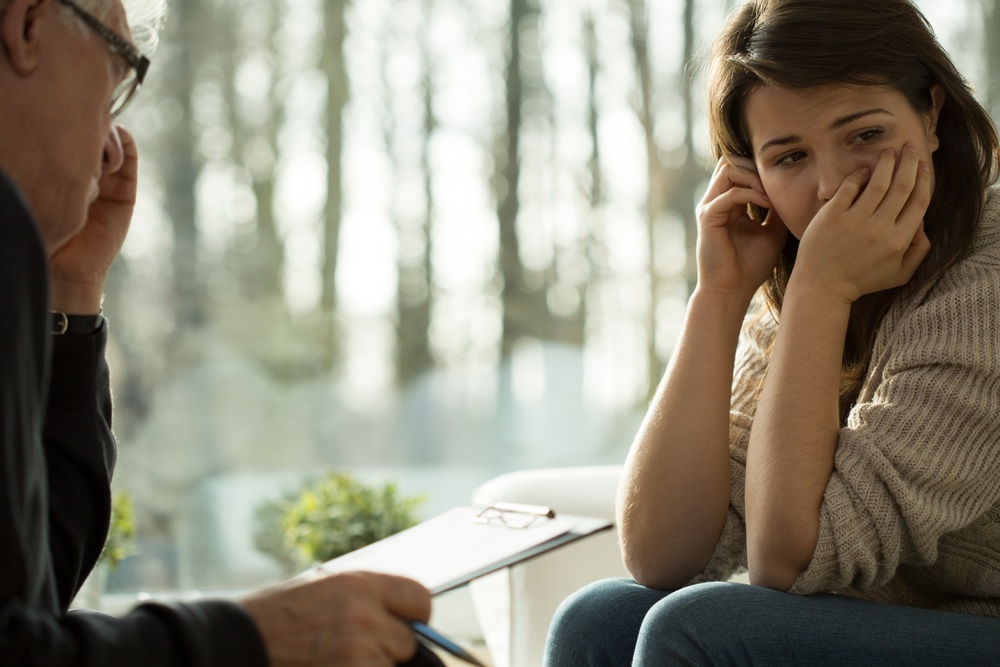How fitness helps to build confidence to fight anxiety
Having self-confidence makes you feel better about yourself and it can encourage you to take risks and face the challenges that come with living a full life. When you lack self-confidence you may take more of a passive approach to life and may not reach your full potential. Confidence is something a lot of people often struggle with. For some people, it’s not easily attainable but it can contribute to their overall health and fulfillment.
When your mental health is suffering, you may experience low self-esteem and those feelings can make you feel anxious. When you want to improve your physical health whether it’s to lose weight or develop muscle, you will often create a work-out plan or routine. Exercise has also been proven to improve your mental health, when you feel better and look better, you’re also more likely to have higher self-confidence.
According to the center for Cognitive Behavioural Therapist in London, your physical health directly affects your mental health. When you look better, you often feel better and you have more energy to take on challenges that you may not be up to if you are feeling less confident. Incorporating regular exercise can help you develop a positive attitude and the emotional stamina to take on the goals you set for yourself.
If you aren’t happy with your appearance, it’s possible that you may develop body image issues as well as low self-confidence. Exercising and working out release endorphins which make you feel better but it can also help you lose weight or become leaner which may improve the way you feel about the way you look. When you feel good inside and outside, your self-confidence is more likely to increase.
You may be experiencing low self-esteem and not even realize it. It can be difficult to recognize your own weaknesses or realize that you’re unhappy. Some signs and symptoms of low self-confidence include:
- Negative self-talk.
- Comparing yourself to others.
- Focusing on negative aspects of your life.
- Ignoring the positives.
Fortunately, there are several ways to help increase your self-confidence, some self- confidence boosting strategies include:
- Positive self-talk. Sometimes the harshest critics are ourselves.You may not realize it, but the way you talk about yourself as well as the way you speak to yourself (mentally or verbally) can affect the way you feel about yourself. For example, if you miss a day of your workout routine or maybe indulge in a sweet treat you might think, “I’m so lazy,” or, “Why am I so fat?” It’s important to remember that you may experience setbacks, as long as you start-over tomorrow to work toward the small goals you set for yourself, you still can achieve those goals.
- Focus on what you can control. There isn’t much in life that you can control directly, so it’s important to focus on the few things that you can. It’s easier said than done, but when you spend more time and energy focusing on what you can influence, your stress can be decreased.
- Exercise. Body movement releases endorphins which enhance your mood and can make you feel good about your appearance and the way you feel. Establishing an exercise routine provides you with a sense of accomplishment, achieving your goals is a huge boost to your self-confidence.
One of the most confidence-building actions you can take is to begin exercising. Exercise has been found to reduce low self-confidence and social withdrawal. Want to begin an exercise routine but don’t know where to start? There are some tips you can use to effectively use exercise to enhance self-confidence:
- Make an attainable plan. When you pre-plan your exercise routines for the week, you’re more likely to follow them. You can also plan for your busier days and work out around your schedule even if it’s something small like walking or jogging.
- Exercise with friends. Similar to the phrase, “Two brains are better than one,” two bodies working together can accomplish more as well. For example, you can encourage and push it each other to reach and exceed goals that you have set.
- Track Your Progress. You can use a journal to track your progress or there are apps for your smartphone that will track your progress as well. By tracking your progress, you're able to see the small achievements and strides you’re making to your goals.
- Celebrate Accomplishments. Big or small — it’s important to celebrate meeting your goals. Recognizing your accomplishments is great for your self-confidence and gives you something to look forward to when you set our next goal. Even if it’s buying a smoothie or new workout clothes, by celebrating your accomplishments you’ll reinforce that what you’re doing is great for your physical and mental health.
Adding fitness into your life has multiple benefits for your physical and health. All of these aspects of your health can affect each other so it’s important to work toward your overall health. The connection between your physical, mental and emotional health can influence your quality of life.
Self-confidence can help you deal with stress better and perform up to your true potential. Your overall positive attitude can produce a presence that exudes leadership and can influence others and motivate them as well. Reducing your negative thoughts can help you feel more valued at your job, in relationships and with your family. Having high self-confidence can also help you to experience less anxiety, gain energy and just be an overall happier person.
Exercise is an effective tool to increase self-confidence and boost your overall health, but it may not be enough and that’s OK. If you or a loved one struggle with a substance use or mental health disorder, help is available. At The Recovery Village, a staff of professionals offer a complete treatment program for substance addiction and co-occurring disorders. Call and speak with a representative about what treatment program could work for you.


